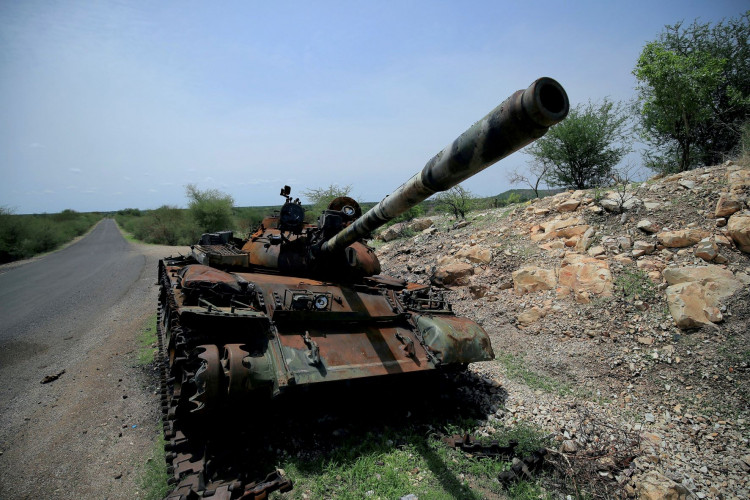This week, U.S. Defense Secretary Lloyd Austin scheduled a meeting of senior national armaments directors from allies to develop long-term plans for supplying Ukraine and restoring their own weaponry stores.
Western nations are mobilizing their arms makers to increase production and refill stocks that have been severely depleted by providing Ukraine's six-month-long war against Russia's invasion.
"They will discuss how our defense industrial bases can best equip Ukraine's future forces with the capabilities that they need," Austin said at a meeting where 50 countries signed up to support Ukraine.
Bill LaPlante, the Pentagon's director of arms acquisition, announced on Friday that the meeting would take place on Sept. 28 in Brussels.
Since the outbreak of the war, the U.S. has been Ukraine's main source of defense supplies, and it has committed to providing $15.2 billion worth of arms, including Javelin anti-tank missiles, artillery, and ammunition that is NATO-compatible.
The U.S. only has one factory producing 155mm artillery rounds, the General Dynamics plant in Scranton, Pennsylvania, which only produces 14,000 rounds each month. The Pentagon has given Ukraine roughly 800,000 of these rounds.
The meeting's purpose, according to LaPlante, is to identify "how we can continue to work together to ramp up production of key capabilities and resolve supply chain issues and increase interoperability and interchangeability of our systems"
At the start of the war, Ukraine's forces largely deployed Russian-standard weapons and munitions. However, within a few months, those were depleted, particularly in critical artillery and missile systems, and it has come to rely on NATO-standard armaments from Western partners.
However, this depleted enormous supplies of ammunition that the allies had stored for their own defense.
It is now critical to rebuilding those supplies.
The European Union said in July that it would spend €500 million ($504 million) on joint purchases over the following two years to replace the weaponry it had previously sent to Kyiv.
More anti-armor and anti-aircraft missile systems, 155 mm artillery pieces, and ammunition should be prioritized.
At the time, European Commissioner Thierry Breton stated that EU nations "have drawn on their stocks of ammunition, light and heavy artillery, anti-aircraft and anti-tank defense systems, and even armored vehicles and tanks"
To assist restock stocks, the Pentagon wants partners to increase their own production capacities.
To that end, the U.S. military has lately announced a flurry of new contracts with both domestic and international armaments firms.
It includes $364 million for 250,000 rounds of 155mm artillery ammunition from a variety of manufacturers, $624 million for Stinger anti-aircraft missiles, $324 million for Javelin anti-tank missiles, and millions more for additional weapons systems, ammunition, and defense supplies.




